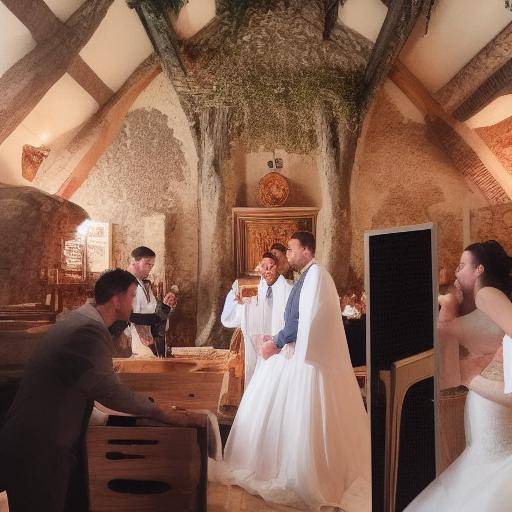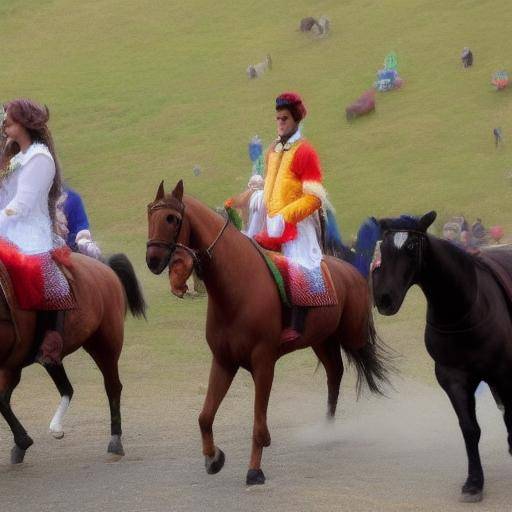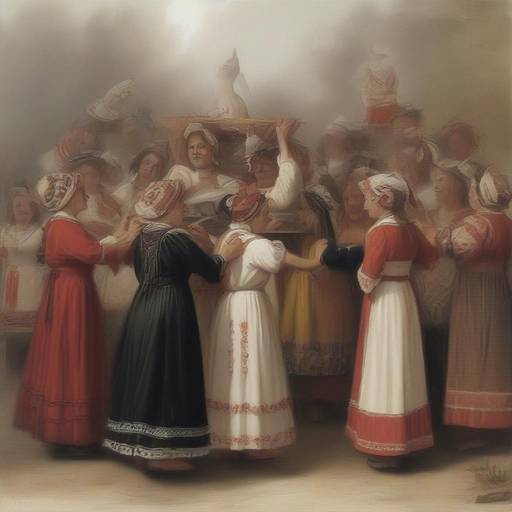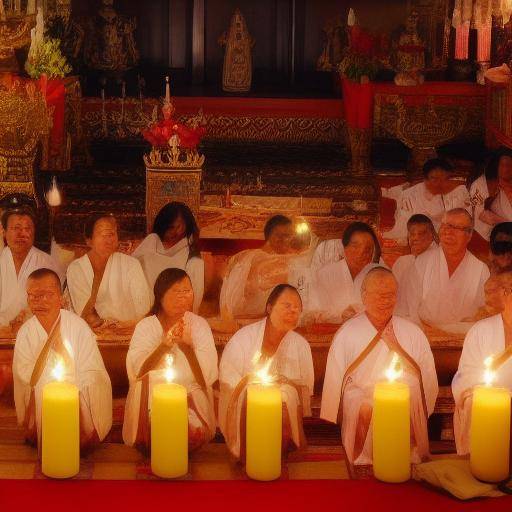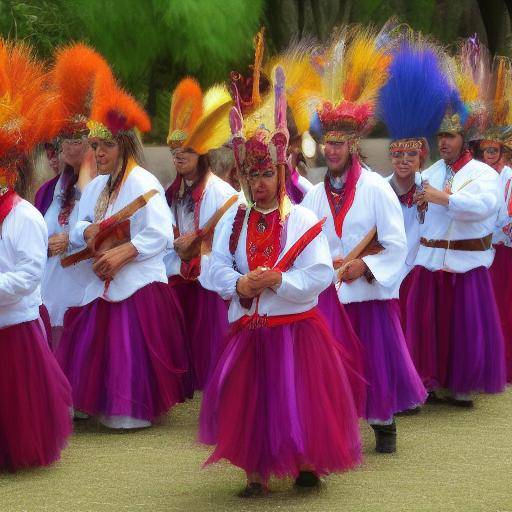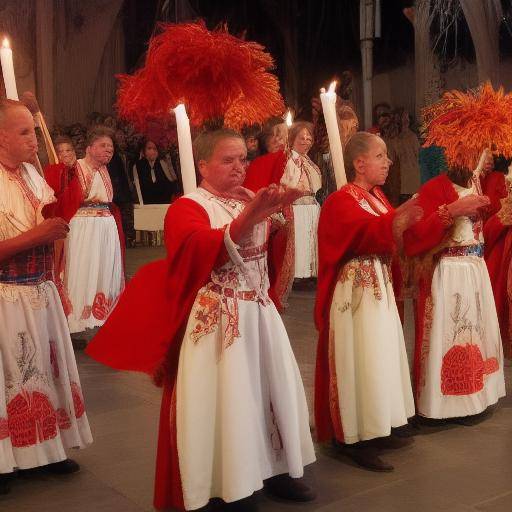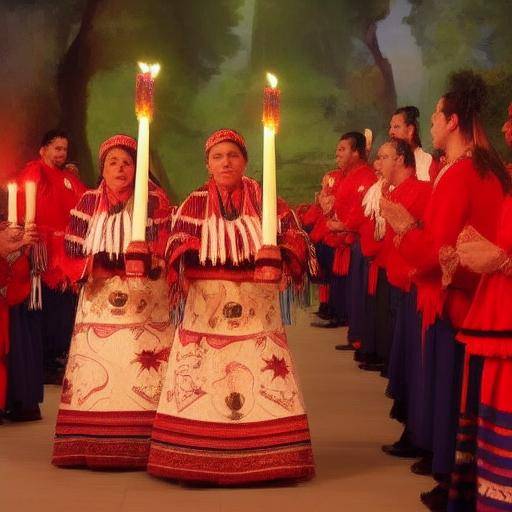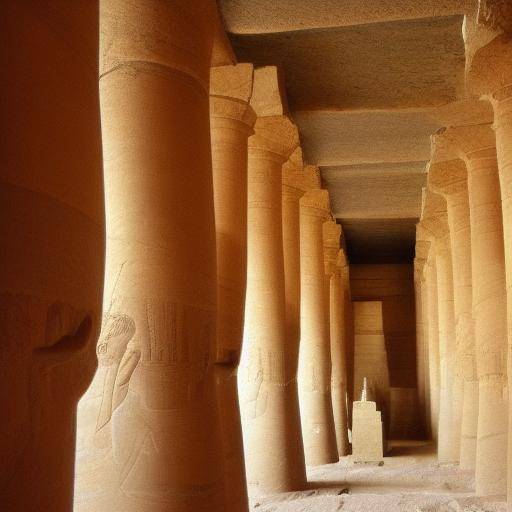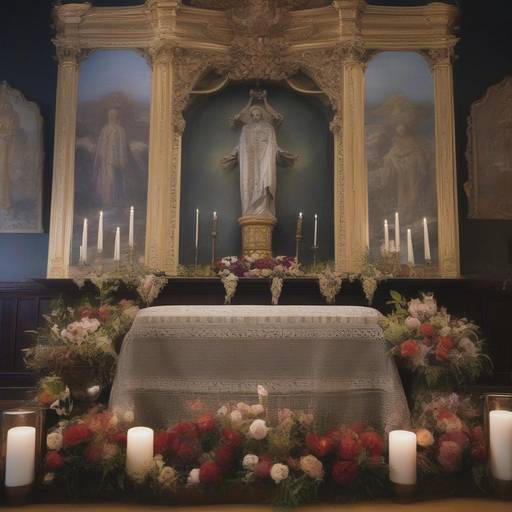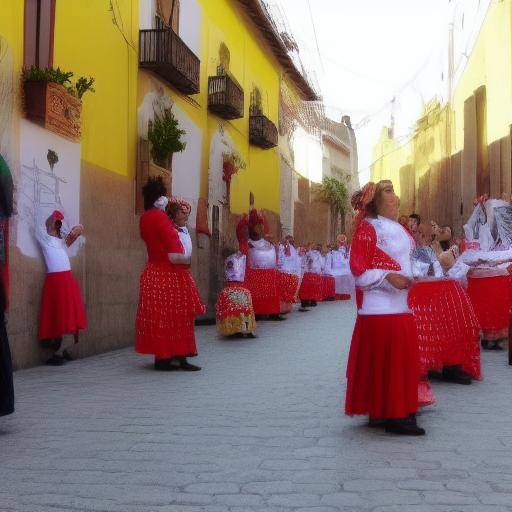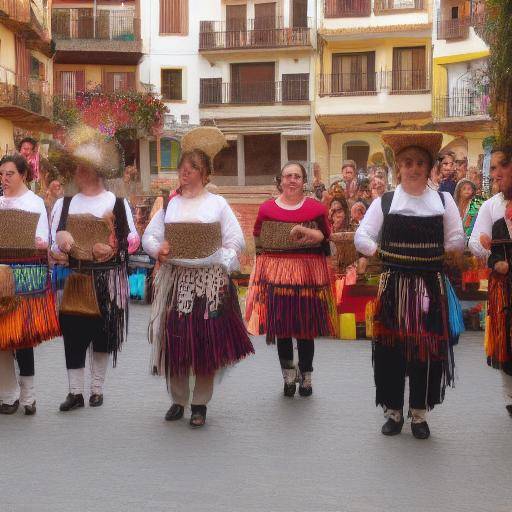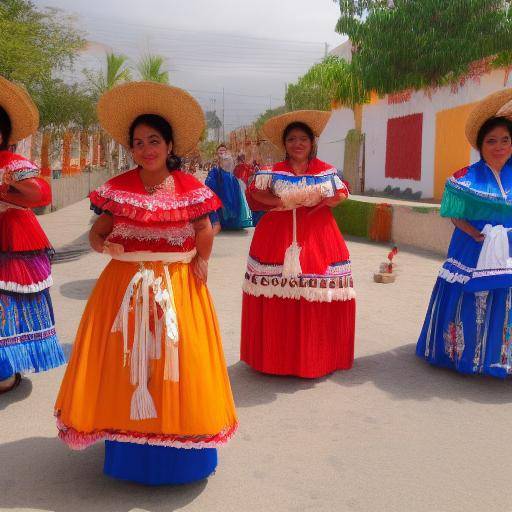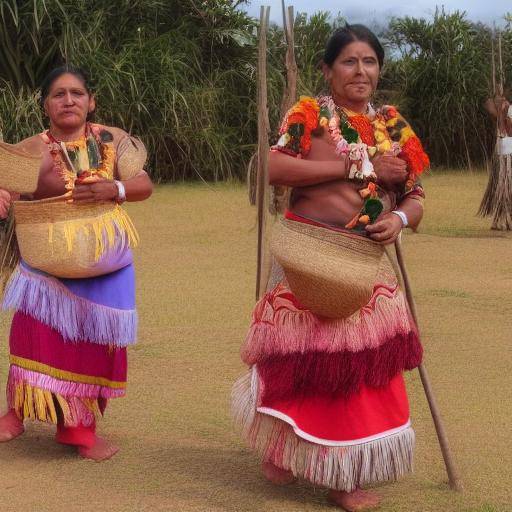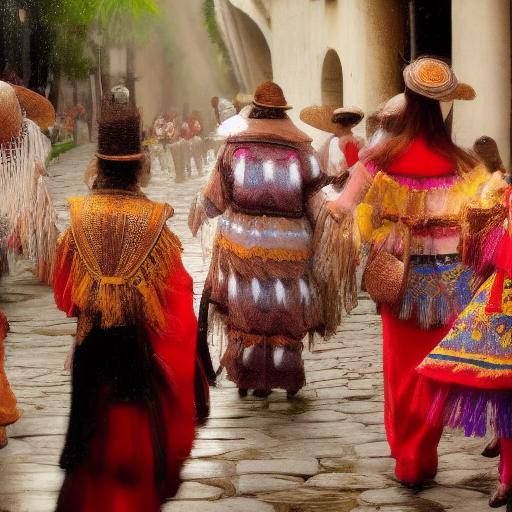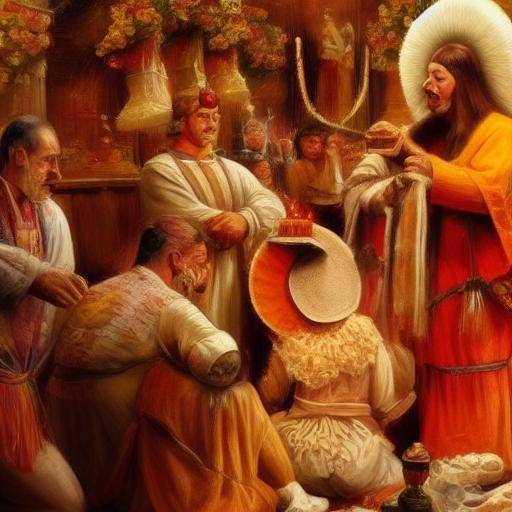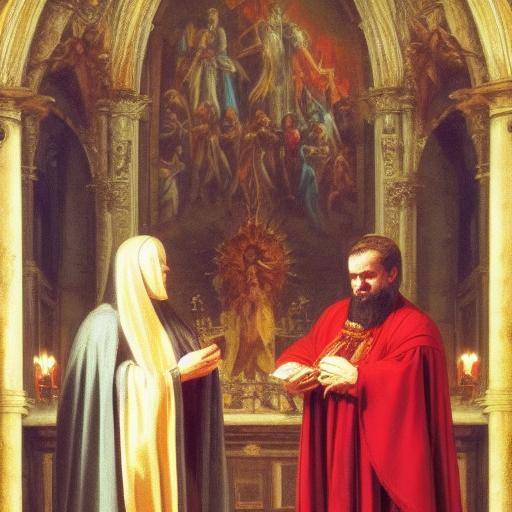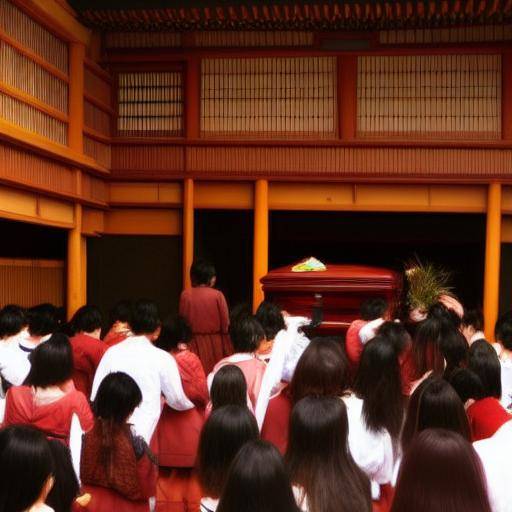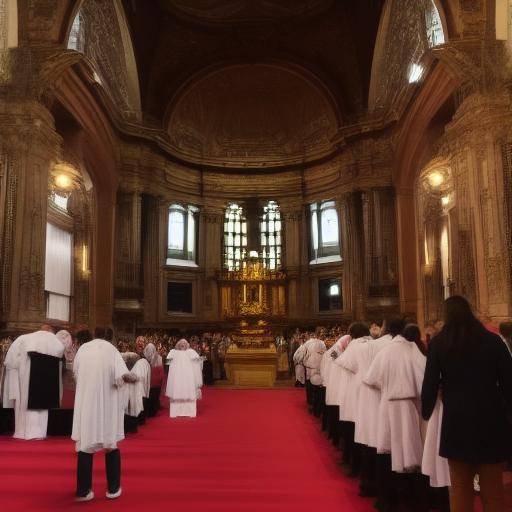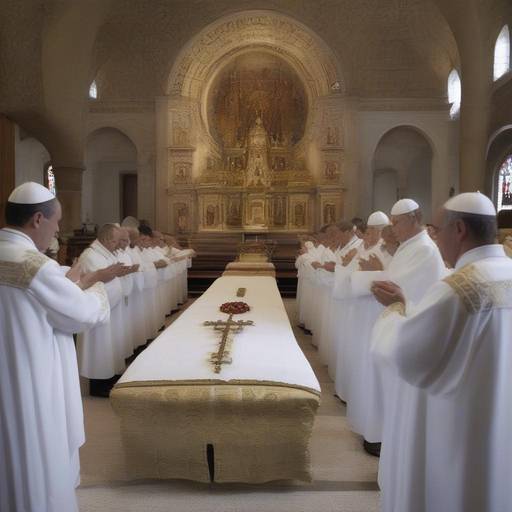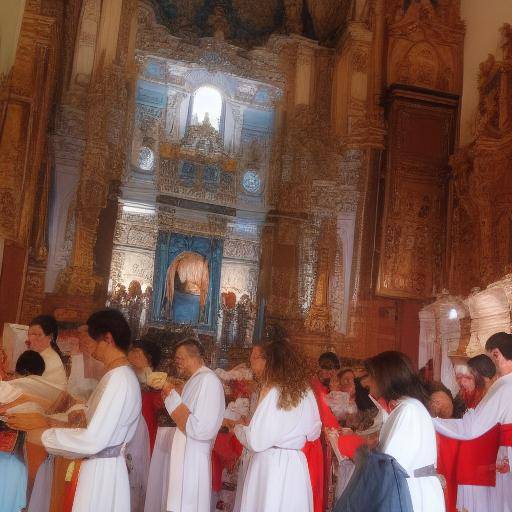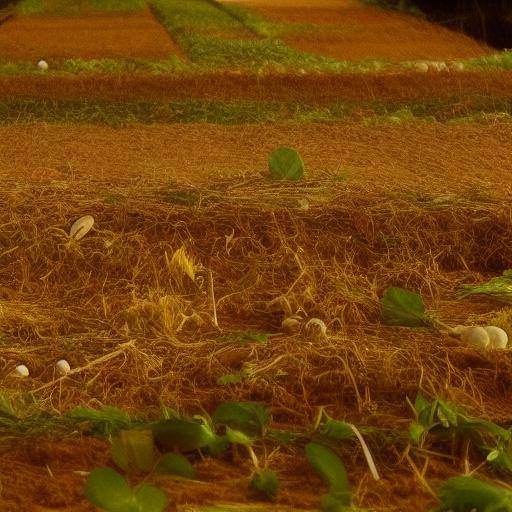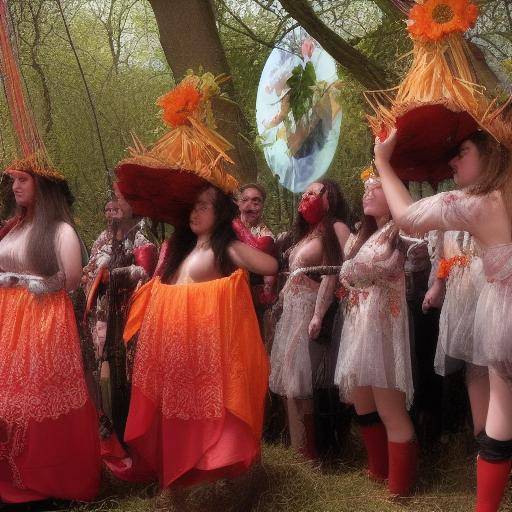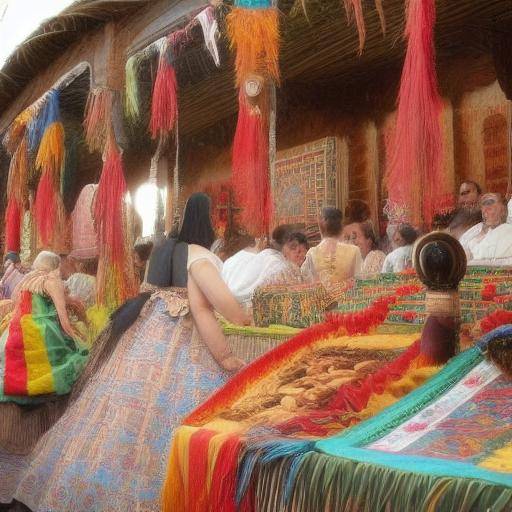
The ancient traditions in Hindu culture represent a millennial legacy imbued with rituals, customs and practices that have endured over the centuries, shaping the identity of this rich civilization. Exploring this fascinating theme allows us to enter a world of spiritual depth, colorful folklore and deeply rooted traditions that have resisted the test of time. In this article, we will immerse ourselves in the essence of ancient traditions in Hindu culture, discovering its meaning, historical evolution, contemporary applications and its influence in modern society.
Introduction
Hindu culture, with its ancestral traditions, is a treasure of knowledge accumulated over millennia. From their religious rituals to their philosophical practices, every aspect of the daily life of the Hindus is permeated with a deep connection with their cultural roots. This ancestral wealth has transcended generations and remains an integral part of India's social and spiritual fabric. Join us on this unique journey to enter into the ancestral traditions that have shaped Hindu culture and continue to influence contemporary life.
History and Background
Ancient traditions in Hindu culture have their roots in the Vedas, the oldest sacred texts in India, dating back over 3,000 years ago. These texts, which cover a wide range of knowledge, including rituals, philosophy, music and medicine, have provided the basis for Hindu cultural and religious practices. Throughout the centuries, various dynasties and kingdoms have left their mark on these traditions, further enriching the spectrum of rituals and festivals that characterize the life of India.
Vishnu and Shiva: Pillars of Hindu Spirituality
Hindu deities, mainly represented by Vishnu and Shiva, play a central role in the spirituality and religious traditions of India. From ancient scriptures to contemporary practices, the stories and teachings associated with these deities have shaped countless rituals and festivals that are an integral part of the daily life of many Hindus.
Deep analysis
Ancient traditions in Hindu culture not only preserve the spiritual heritage of India, but also offer tangible benefits in terms of emotional and mental well-being. Daily rituals, such as mantras meditation and recitation, have shown a positive impact on the health and emotional balance of those who practice them. In addition, the connection with nature and the celebration of cosmic cycles through festivals and rituals foster deep respect for the environment and harmony with the natural world.
Comprehensive review
The variety and depth of ancient traditions in Hindu culture offer a vast field of study and application both individually and collectively. From Vedic astrology to yoga rituals, these practices have found a place in fields as diverse as medicine, stress management, art and architecture. The value of these ancestral traditions lies in its ability to merge the spiritual with the practical, balancing the daily life with a profound and transcendental dimension of meaning.
Comparative analysis
To compare ancestral traditions in Hindu culture with other cultural practices reveals deep similarities and distinctive differences. While some rituals may have equivalences in other religious traditions, the unique philosophy underlying Hindu culture often brings a fresh and nuance-rich perspective to these ritual acts.
## Futures and Predictions
The influence of ancient traditions on Hindu culture is experiencing a rebirth in the modern era, as people seek a deeper sense of connection and meaning in their lives. This trend is reflected in the increased global interest towards yoga, meditation and other Hindu spiritual practices. Furthermore, the approach to sustainability and harmony with nature, inherent in many traditions, is gaining renewed importance in the context of current environmental challenges. These trends are expected to continue to influence areas such as health, architecture, design and decision-making in the future.
Conclusions
Ancient traditions in Hindu culture offer us a valuable legacy of wisdom that transcends time and space. In examining its history, its contemporary applications and its influence on a variety of fields, it is clear that these traditions continue to be relevant and meaningful in today's society. Beyond being a mere set of rituals, ancient traditions in Hindu culture represent a crucible of knowledge that enrich the lives of those who practice them and offer deep insights for humanity as a whole.
Frequently asked questions
What is the importance of daily rituals in Hindu culture?
Daily rituals, such as morning or evening worship, provide a space for reflection, spiritual connection and expression of gratitude. They establish a routine that infuses meaning in everyday life and promotes emotional and mental balance.
How are Indian ancestral traditions adapted to the modern era?
Hindu ancestral traditions are experiencing a rebirth in the modern era through their incorporation into well-being practices, sustainable architectural design, alternative medicine and conscious life philosophies.
What is the role of music and dance in Hindu ancestral traditions?
Music and dance play a crucial role in devotional expression and festivals. Through these arts, sacred stories are transmitted and deities are honored, enriching the spiritual and cultural experience.
What are the most prominent festivals in Hindu culture and what do they mean?
Festivals like Diwali, Holi and Navaratri occupy a central place in the Hindu tradition, each with their own symbolism and meaning. These festivals celebrate the victory of good over evil, the arrival of spring and the cultivation of virtue through devotion respectively.
To what extent do Hindu ancestral traditions influence the daily lives of contemporary Hindus?
Ancient traditions influence fundamental aspects of the daily life of Hindus, from food, clothing, to social relations and how they interact with the natural environment.
What is the impact of Hindu ancestral traditions on contemporary society?
The legacy of Hindu ancestral traditions resonates not only in spirituality, but also in the way in which Hindu society addresses coexistence, health and well-being, and sustainability.
By exploring ancient traditions in Hindu culture, we immerse ourselves in the wealth of a millennial heritage that continues to be relevant and meaningful in the present world. From their influence on health and well-being to their impact on architecture and sustainability, these traditions offer valuable lessons and perspectives that transcend the borders of time and space.






